A capacity crowd from babies to grandparents filled the Community Centre on Sunday to hear about all matters insect from 5 expert speakers. Insect Posters, Reference Books, Microscope Views and insect colouring-in pages brought the hall alive.
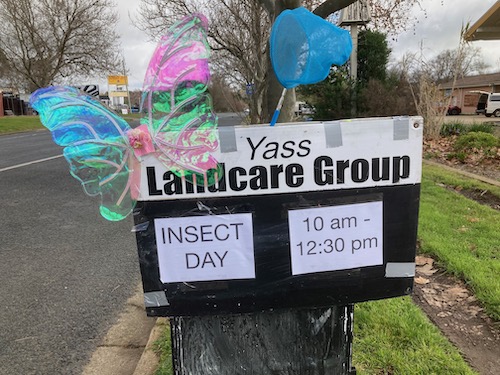 .
. 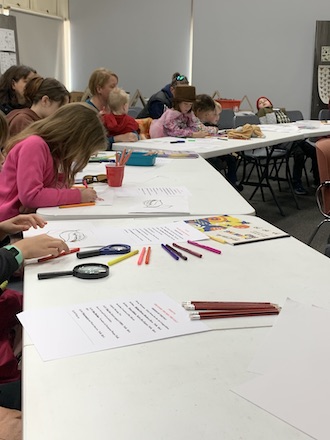 .
. 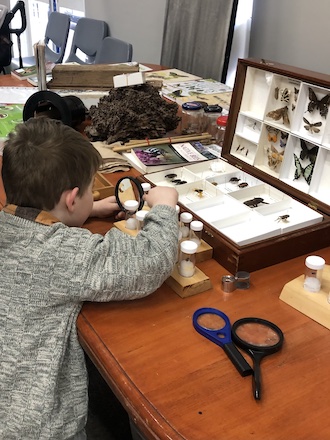
First off was Michael Devey from Bindaree Bees, who explained how important bees are to our food supply, to the creation of honey, and to overall ecological health, and people flocked to examine his preserved hive at the end of his talk.
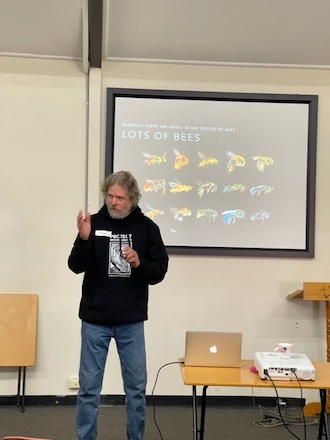
Dr Peter Abbott built on Michaels’ talk, focussing on the abundance of native bee species in our region, helping us to ID them with slides and a brilliant book he has published on native bees in our region. He provided a sample of wild bee honey to taste – delicious.
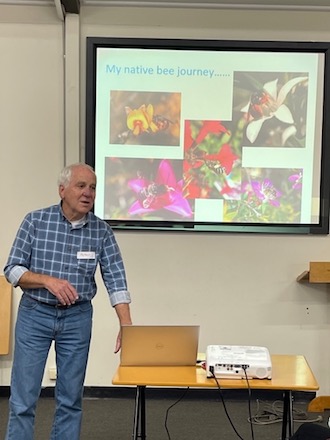
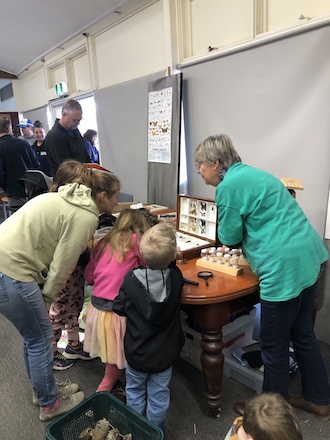
He also brought with him samples of different bee hotels that people could create for their gardens – and the fun began! Thanks to Jeremy and Kate Wilson, and Glenda Snape, there was an abundance of appropriate materials for children, and adults, to build their own fully functioning Bee Hotel. A treat to take home and observe bee activity through the spring and summer.
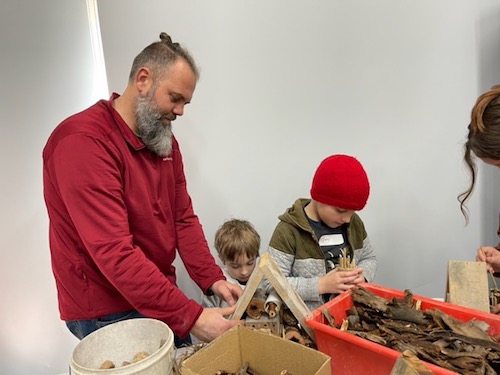 .
. 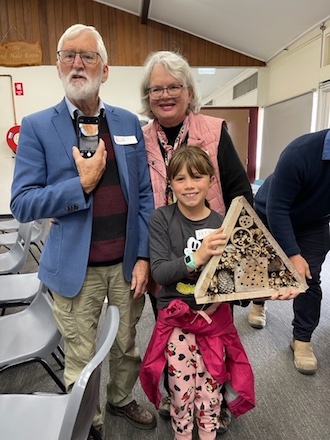 .
. 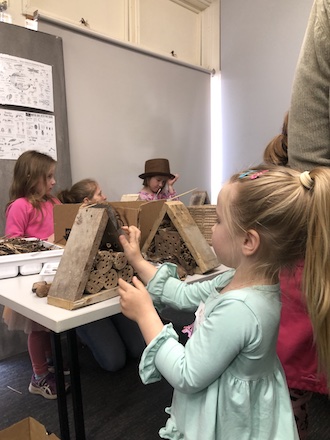 .
. 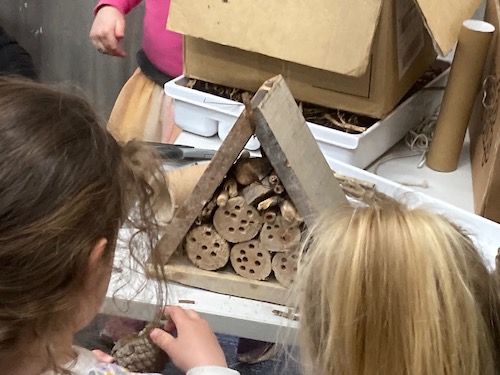 .
. 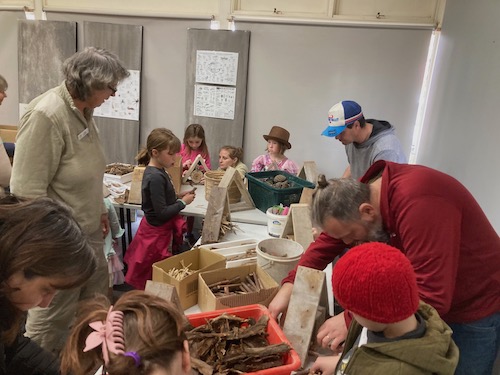
Ying Luo, a PhD researcher from CSIRO, then provided a stimulating and engaging talk on all insects generally, reaching above the chatter of youngsters to fascinate her audience. Fresh from National Science Week, she provided kids with stickers, and insect boxes to take home and begin their own collections.
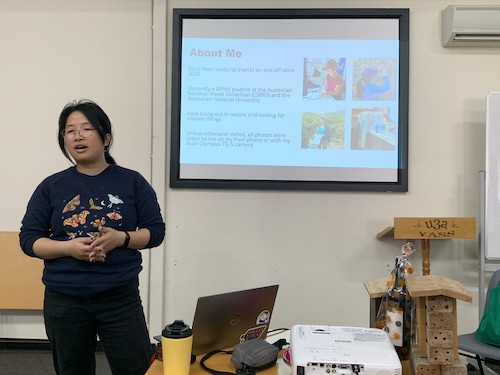
Somewhere in all of this, the audience was able to partake of morning tea, whilst the children continued to draw, build bee hotels, colour in, and listen!
Dan Meehan gave a riveting explanation of native termites, why they can be such a problem in our buildings – and how to prevent termite attack happening.
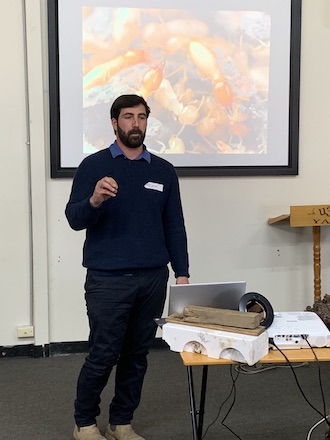
The finale was three dedicated members of the ACT Waterwatch team, who set-up outside with samples of Yass River water to examine for water insects. People decanted small amounts of water into old ice-cube containers and marvelled at the diversity and abundance of the water insects zipping around in the water. Shrieks of delight came from youngsters whose water shrimps kept leaping out of the water and onto the table, and somehow had to be skilfully returned to their water home
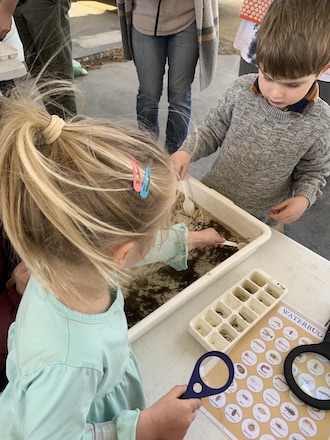 .
. 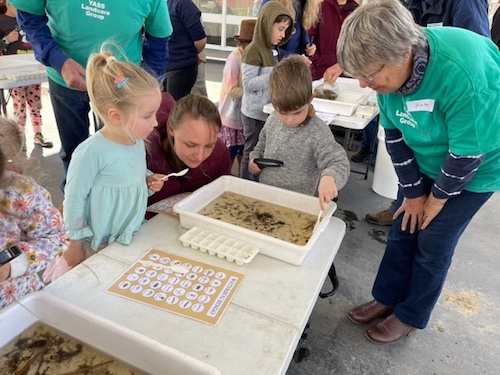 .
. 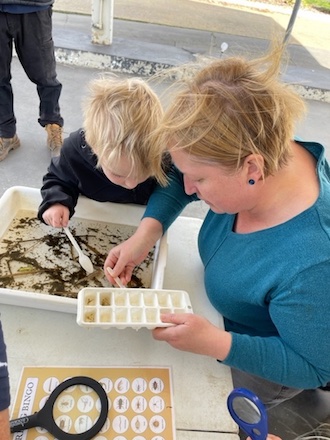 .
. 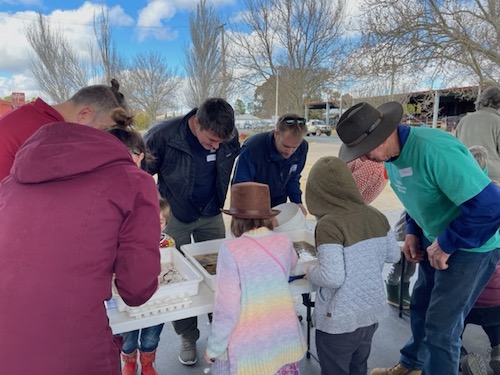 .
. 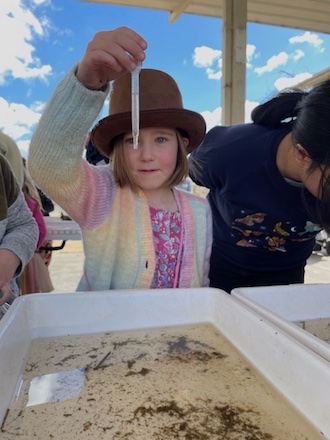 .
. 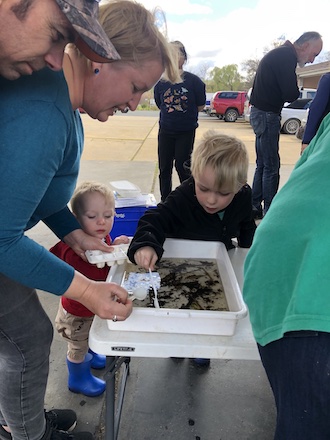 .
. 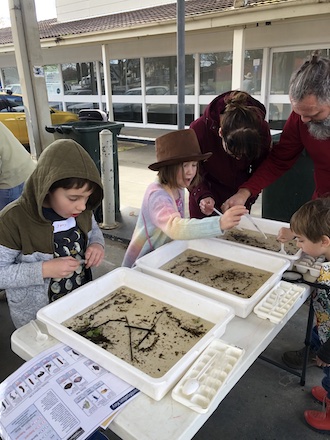
It was a great day, with very many thanks to all those from Yass Landcare who helped so much; to Sarah our new YAN Landcare Coordinator for the promotion of the event; and of course to every speaker for their willingness to share their knowledge and enthusiasm.
Alison Elvin
Yass Landcare Group
_____________________
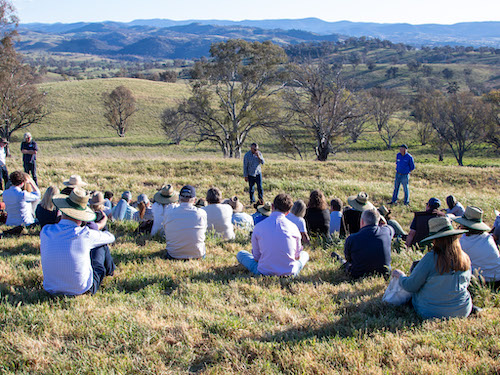


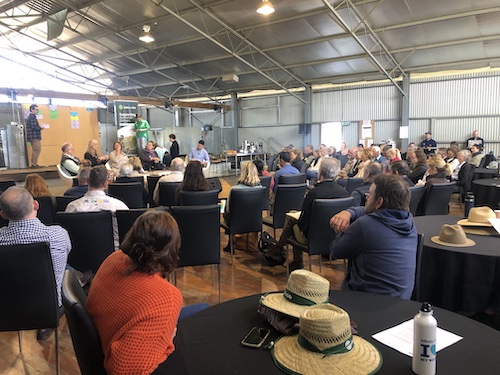

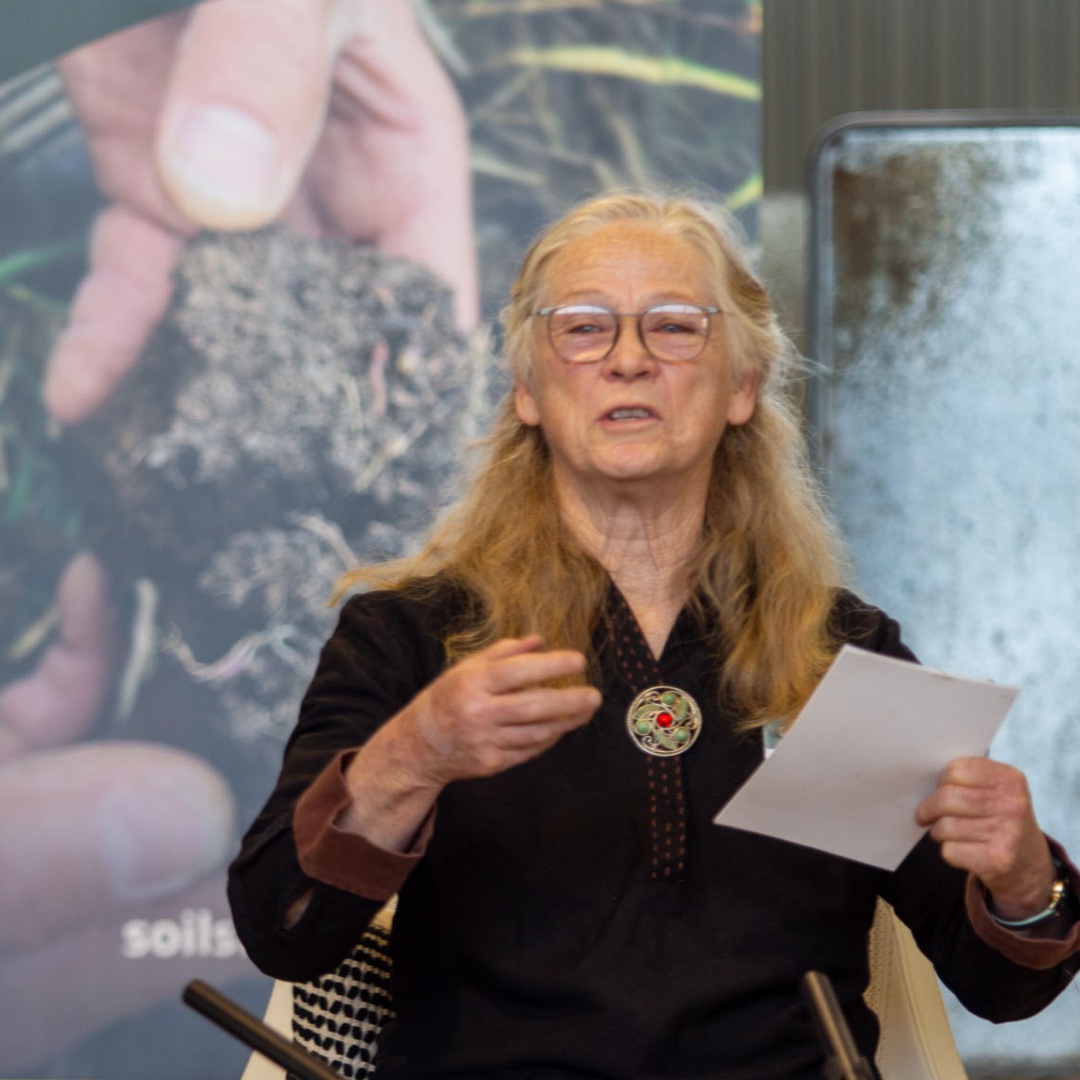
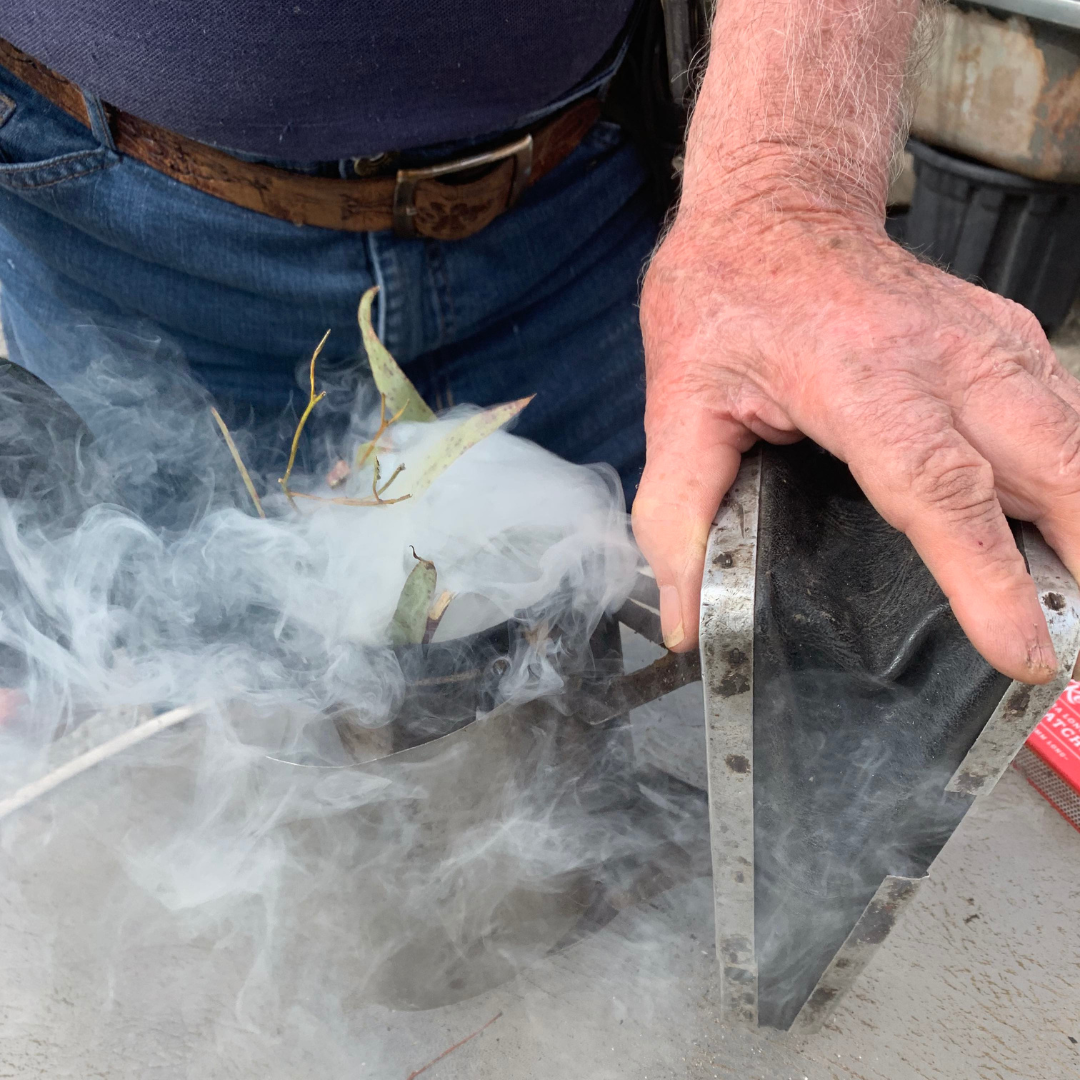
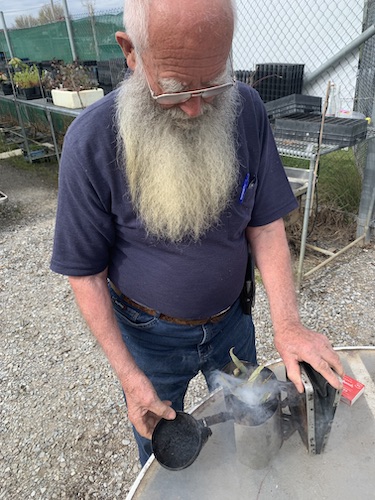 .
. 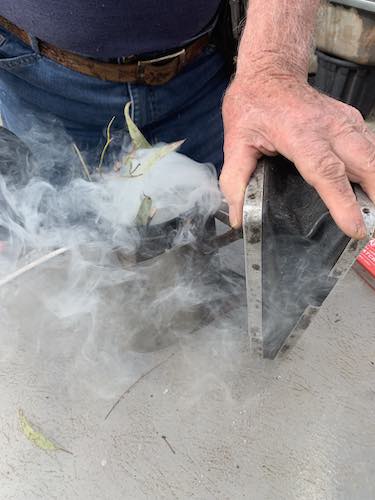
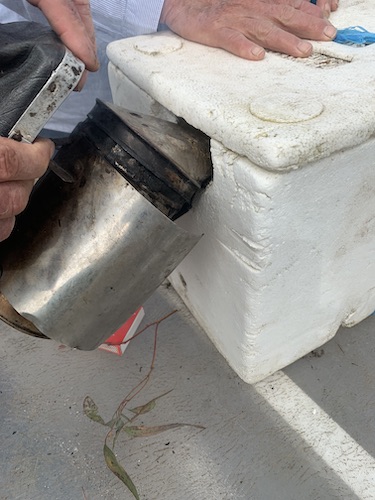 .
. 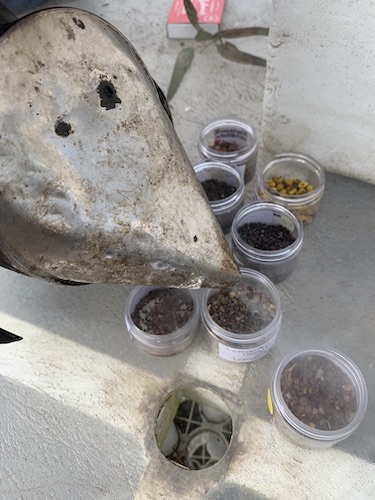
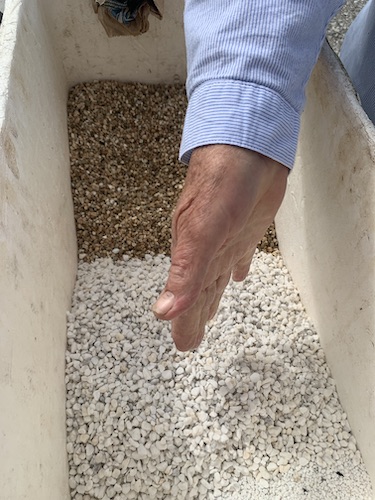
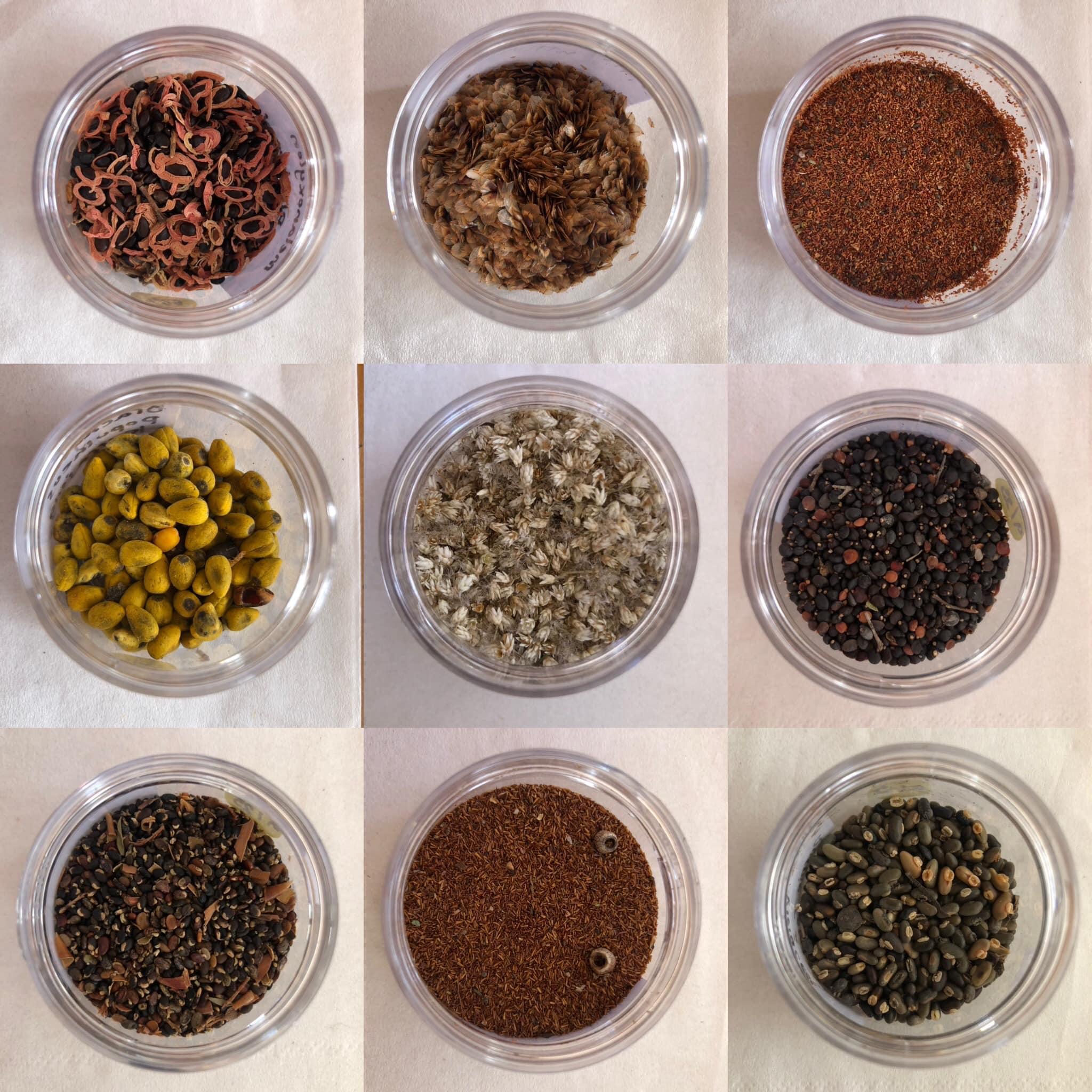
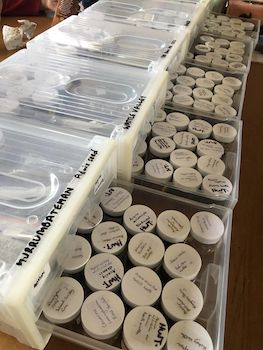 .
. 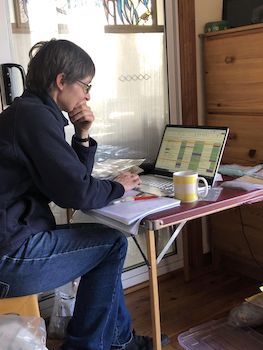
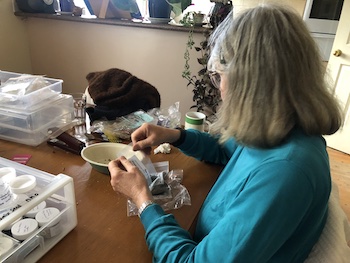 .
. 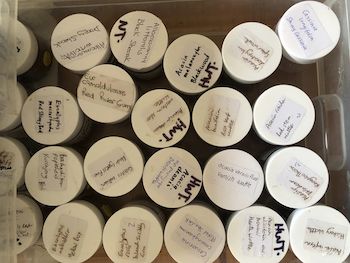
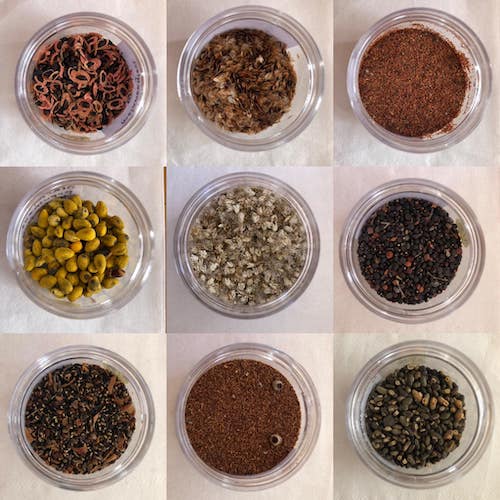
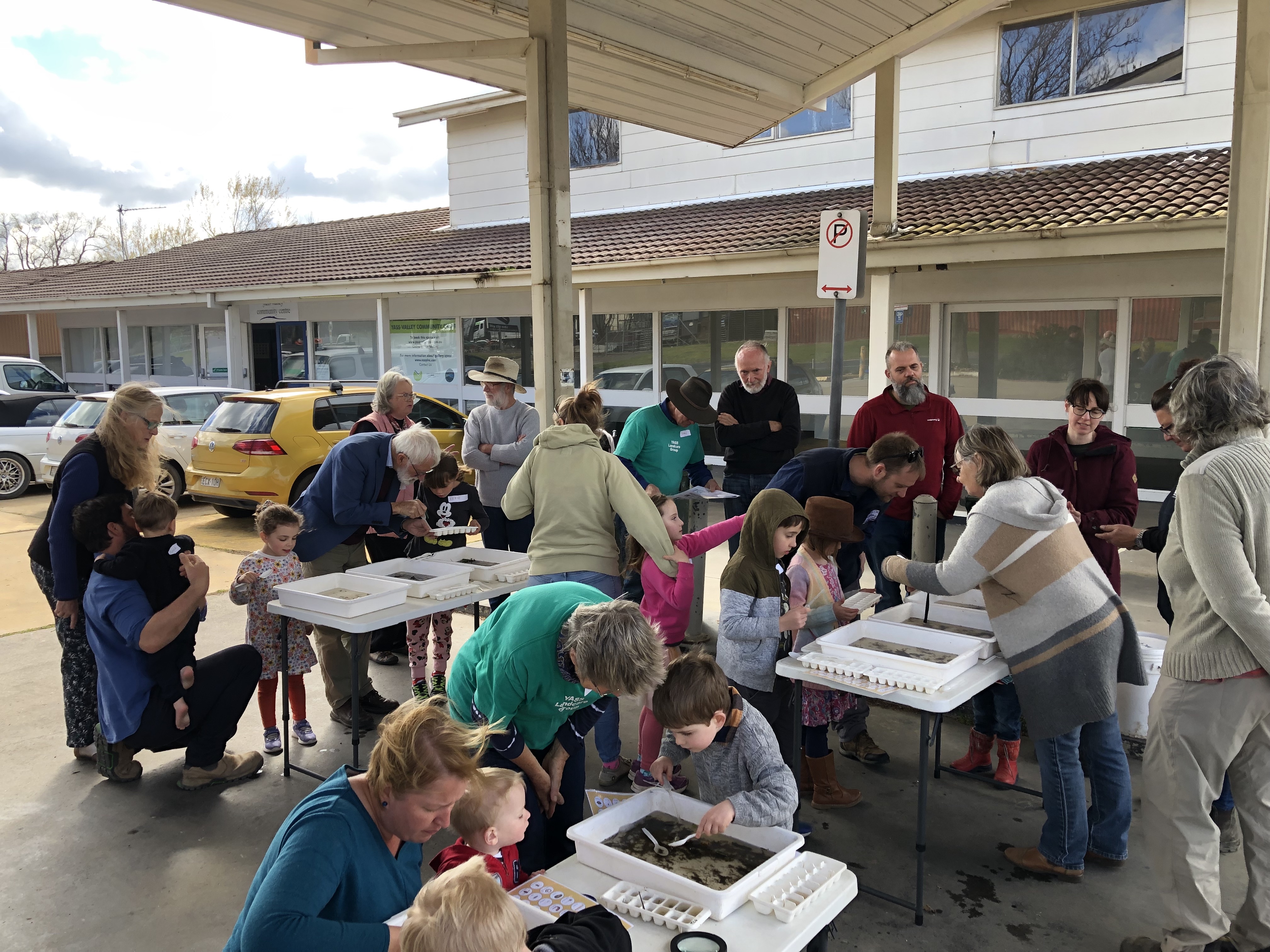
 .
.  .
. 



 .
.  .
.  .
.  .
. 


 .
.  .
.  .
.  .
.  .
.  .
. 